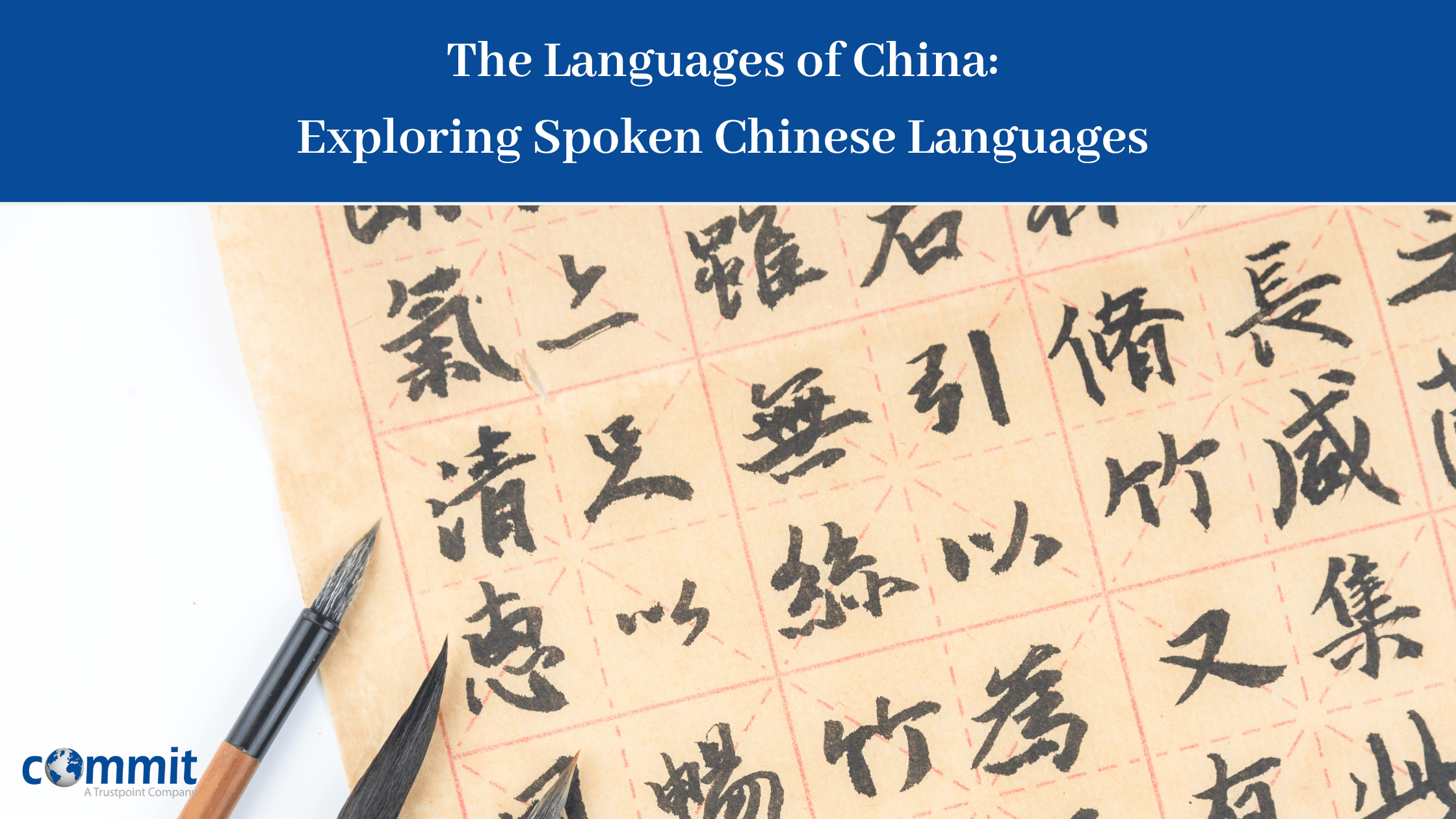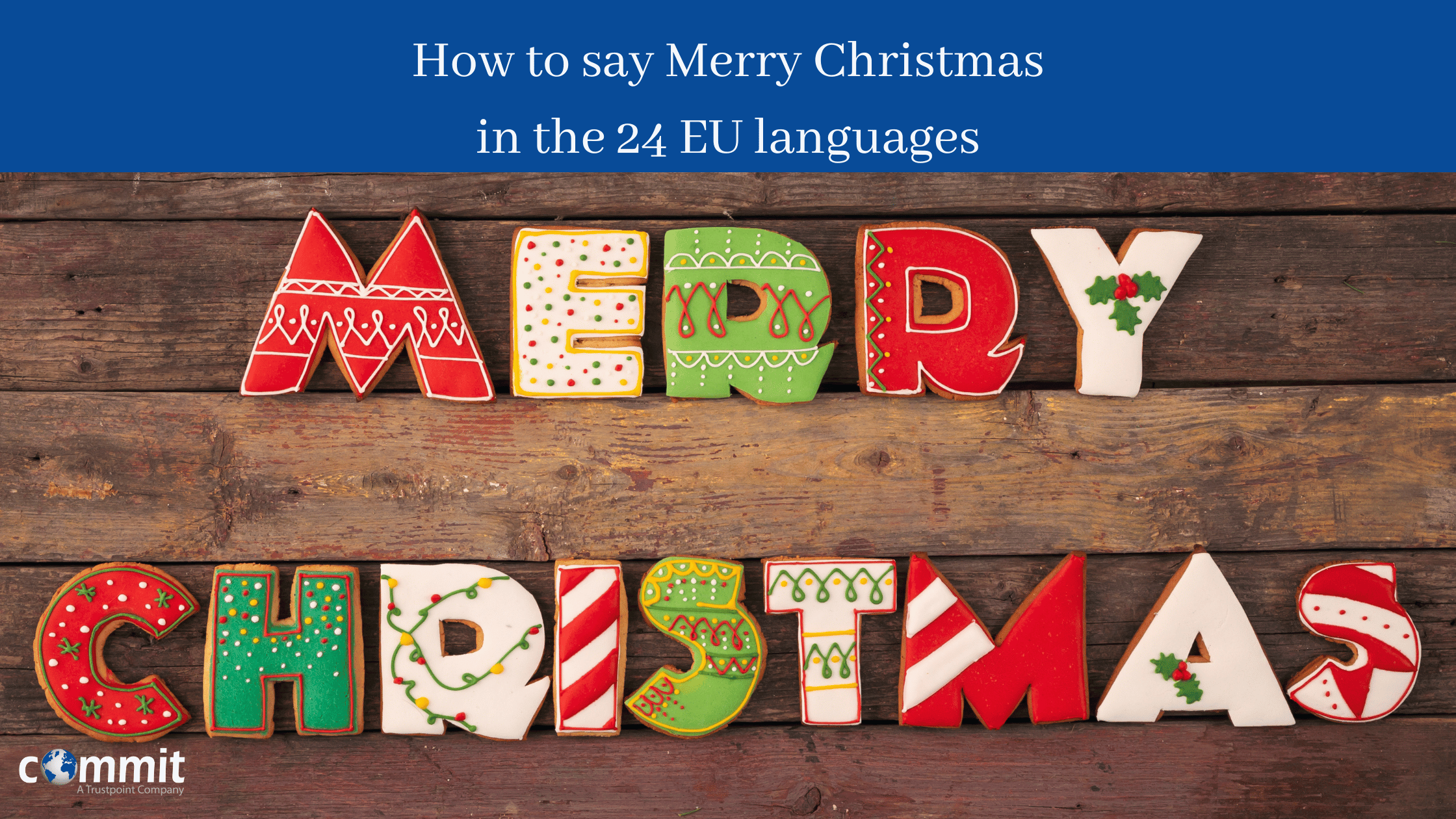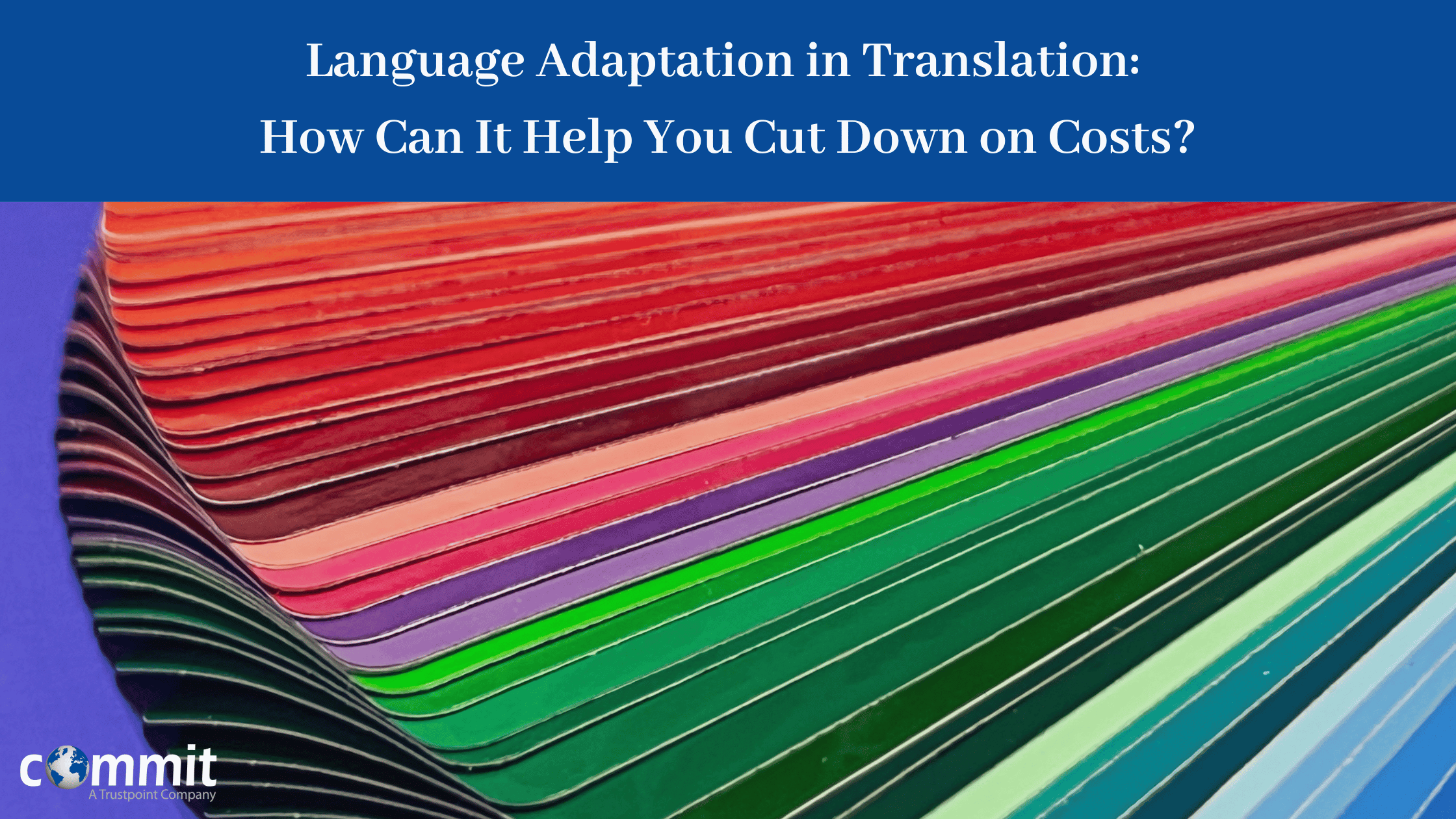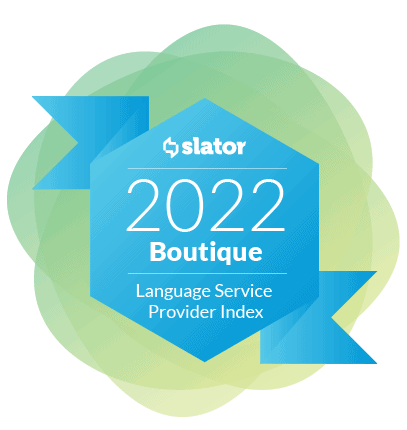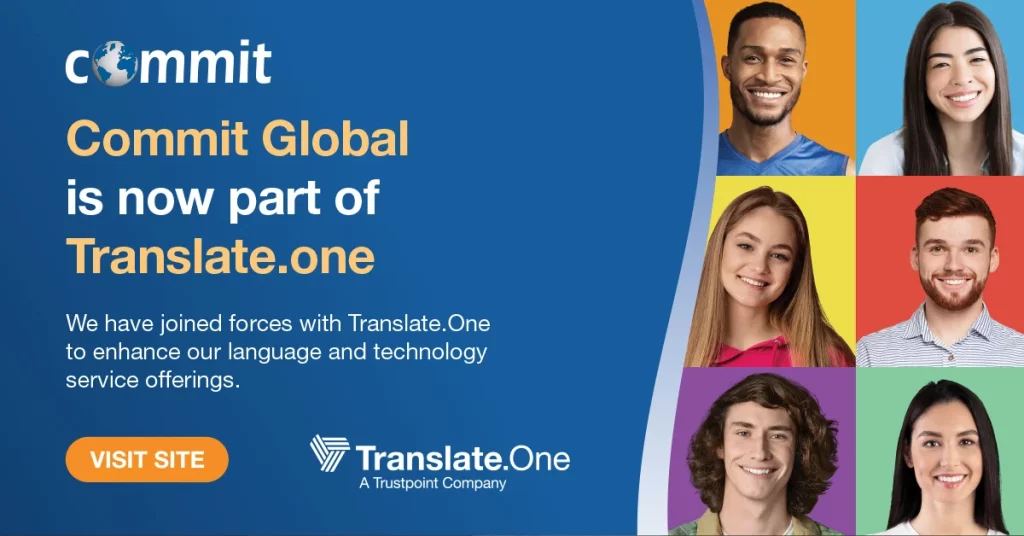|
Listen to Post
|
Listen to this article now:
Although physicians worldwide claim Hippocrates’ mantra, “do no harm,” as their code of ethics, there have been instances on both sides of the world, such as the incidents that spurred the Nuremberg trials and the infamous Tuskegee syphilis experiments, that could cause us to question that commitment. Both the EU and the US now require informed consent – and in the case of non-native speakers, informed consent translations – to prevent these tragedies from ever happening again.
Keeping criminal elements from the halls of research isn’t the only reason informed consent is necessary for a successful clinical trial. We would contend that a full understanding of both the risks and benefits is critical to a patient’s level of enthusiasm in participating in the trial. Knowledge is power – and empowering patients with that knowledge gives them an extra incentive to comply with the researchers in hopes of a positive outcome.
Secondly, informed consent translations can protect researchers from legal action. If a participant can prove they did not understand what they were getting into, a savvy attorney could leverage that situation to bring a successful lawsuit against the researchers or the institution they work for.
Learn why accurate translations of informed consent forms are a critical ingredient for clinical trial success.
What Is an Informed Consent Form?
Informed consent forms confirm that a person has consented to participate in a clinical trial. They also provide critical information about the study, including the participant’s rights.
In the EU, participants must read, understand, and sign an informed consent form when the research meets either of the following conditions:
- When the research involves patients, children, incapacitated or incompetent persons, healthy volunteers, immigrants, or others, including prisoners.
- When the research uses or collects human genetic material, biological samples, or personal data.
The United States’ requirements are similar, except that they specify that native English speakers who cannot read or write must be able to indicate that they understand the terms. Strict standards regulate both translations for non-native speakers and explanations for those who are illiterate.
Consent forms on both sides of the Atlantic must state the following:
- An accurate description of the study and any procedures involved
- The purpose of the research
- The timeline and duration of the research
- Potential risks and benefits
- Alternative treatments or studies
- The responsibilities and rights of all persons involved in the study, including sponsors, administrators, researchers, and participants
Most importantly, it must ensure that the participant’s involvement is voluntary. To confirm that he or she is volunteering to participate, they must sign a certificate of consent. That’s where accurate translations earn their weight in gold.

Informed Consent Translations: A Critical Aspect of Clinical Trials
Clinical trials now take place all over the world. More than half of them take place outside the United States. About one-third of them take place in the US, and five percent of them take place in both the US and another country.
But that doesn’t tell the whole story. In today’s multicultural world, most countries where studies take place welcome a wealth of immigrants and visitors, many of whom do not speak the host nation’s native language.
Not only do participants need to know their rights, but equally in importance, they need to know what will happen during the trial and their responsibilities to take any required medications and keep needed appointments. If they don’t have an accurate informed consent translation, the entire trial can be a failure.
What Situations Require an Informed Consent Translation?
If any of your participants do not speak the native language of the country in which the trial takes place, an informed consent translation is absolutely a must.
United States Requirements for Translating Informed Consent Documentation
In the US, the Federal Food and Drug Administration (FDA) adds an extra layer of scrutiny for translated informed consent forms. Protecting the interests of non-native speakers ensures that researchers respect their rights and guard their safety during the study.
Situations that require certified consent form translations include:
- Clinical trials that occur outside the US
- Clinical trials among non-English speaking people inside the US
EU Requirements for Informed Consent Translations
In the EU, the new Medical Device Regulation (EU MDR) requires accurate translations for any documentation involving medical devices, including explanations, within informed consent documents for clinical trials. And, if the clinical trial uses an mHealth app to communicate information, that device, too, must factor into the informed consent documentation.
Informed Consent in Turkey
Although Turkey is not yet an EU member, it is nevertheless a popular destination for medical tourism. Its world-class physicians and medical researchers attract people from countries whose medical authorities have not yet approved a breakthrough treatment available in Turkey. Some of these treatments involve clinical trials.
According to the Turkish Surgical Association, the nation’s constitutional court ruled that participating physicians must prove that a patient has been thoroughly informed. Since the “physician assumes the burden of proof,” any physicians who perform clinical trials of new procedures are bound to explain all the risks, benefits, and requirements in a form the patient can understand. Hence, informed consent translations are necessary to assure both the patient and regulatory bodies that understanding has taken place.
What Is at Risk?
In addition to the legal, ethical, and compliance aspects, risks also include excluding people from clinical trials due to fear of the procedures involved. Accurate translations can assuage their fears. Many of these people, as Rashmi Ashish Kadam points out, could benefit from these clinical trials due to their lack of access to treatments for their condition in their own countries.
From the researchers’ perspective, those people might have been ideal participants in the study. Without them, the study would not be as thorough. The lack of accurate translations for informed consent documents, therefore, can directly impact the success or failure of clinical trials themselves.

Patients Have the Right to Know
Informed consent goes to the heart of basic human rights. Autonomy – the ability to act independent of coercion – is a fundamental right for all humankind.
That right is especially true for medical experimentation, where a person is often subjected to highly invasive procedures. The abuses of the not-so-distant past must never rear their ugly heads again.
Culturally sensitive translations that include the following elements, all spelled out in easy-to-understand language, give patients that right.
- A description of the research, along with its length, purpose, and procedures involved
- Any discomfort or risks involved with the research
- Possible benefits to the participant and others
- Any alternate treatments that remain an option for the patient and are available to him or her
- Who will have access to confidential information
- Any medical treatment or financial compensation able for patients who have experienced a treatment-related injury
- Contact information for outside medical personnel to whom a participant can go to for complaints or other inquiries
- Assurance that participation is voluntary, and that they will not lose any benefits or be penalized for withdrawing at any point in their study, as well as the patient’s understanding that information about their condition before they withdraw can still be used in the research.
What Role Will Translation Play in the Coming Years?
As the rush to develop a successful COVID-19 vaccine has proven, clinical trials are now often international partnerships among healthcare professionals and governmental bodies. That kind of cooperation among people who speak widely divergent languages makes accurate translations a critical aspect of clinical trials going forward.
Translation providers with expertise in the life sciences, particularly medical terminology, will be essential to continue the success of such partnerships. Commit Global understands the life-and-death seriousness of accurate medical translations – and devotes its efforts to providing error-free translations for informed consent and other vital documents. To discover what our medical translation team can do for your research facility, get in touch with us today.
Read also:
5 Steps to Success with Clinical Trial Translations
The Importance of Accuracy in Medical Translations – The Case Of Willie Ramirez
Why is language translation so crucial in clinical trials?
Linguistic Validation Services in Life Sciences Localization


